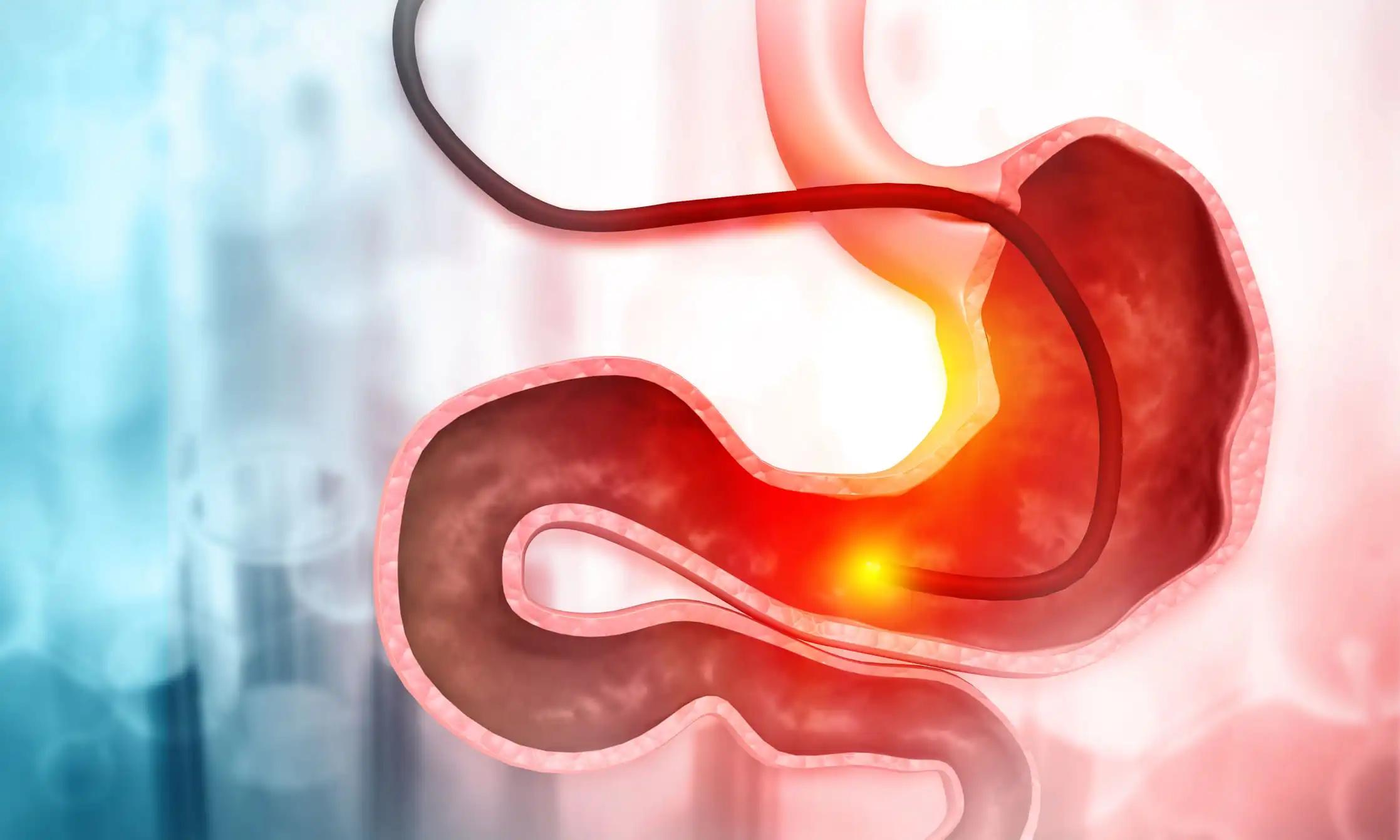KEY TAKEAWAYS
- The study aimed to identify potential vaccine antigens for H. pylori and review current vaccine research.
- Vaccines are promising but not yet mature; selecting effective antigens and formulations is crucial.
Infection with Helicobacter pylori (H. pylori) typically occurs in childhood and can persist, potentially causing severe gastric diseases, including gastric cancer. The primary method for eliminating H. pylori is antibiotic therapy. However, rising multidrug resistance among H. pylori strains has significantly reduced the efficacy of these treatments.
Zhanhua Zhang aimed to analyze key protein characteristics related to H. pylori infection to identify potential vaccine antigens and summarize current research on H. pylori vaccine development to support future studies.
Researchers conducted a thorough search using PubMed and the Web of Science databases to compile articles related to H. pylori antigens and vaccines. They reviewed and summarized the key findings from these articles to create a detailed overview of the current research landscape. This approach provided insights into the important aspects, helping to guide future studies in this area.
The results indicated several potential antigens by understanding the infection process and pathogenic mechanisms of H. pylori. Candidate antigens, such as UreB, HpaA, GGT, and NAP, were found to be conserved and widely distributed in H. pylori.
Proteins like CagA and VacA, known for their strong virulence effects but lower conservatism, need more evaluation. Emerging antigens such as HtrA and dupAwere highlighted for their significant research potential. Vaccines based on these candidate antigens were also compiled and summarized.
The study concluded that vaccines hold promise for preventing and treating H. pylori, but mature products are still unavailable. Ongoing research emphasizes the importance of selecting suitable antigens and formulations to enhance the effectiveness and success of H. pylori vaccines.
Source: https://pubmed.ncbi.nlm.nih.gov/39177204/
ource: https://pubmed.ncbi.nlm.nih.gov/39177204/
Zhang Z, Cui M, Ji X, et al. (2024). “Candidate Antigens and the Development of Helicobacter pylori Vaccines. Helicobacter.” 2024;29(4):e13128. doi:10.1111/hel.13128



